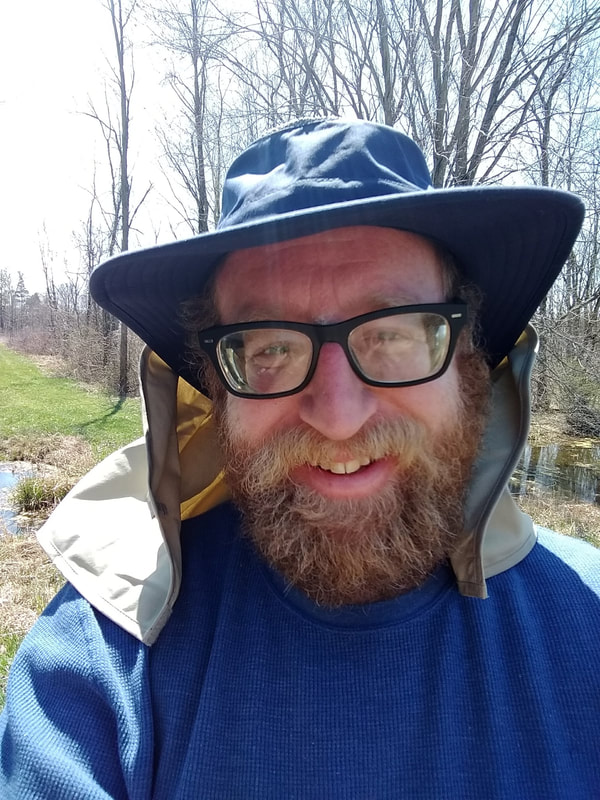Ecohydrology is an interdisciplinary field. It’s right in the name, as ecology is an applied biology field and hydrology is an applied physics field. To me, that means everyone is bringing their own perspectives and methods into the field and we each get to approach the same data from our own points of view. It’s exciting and makes the potentially repetitive nature of science fresh to me. I don’t feel like I have very many projects that are similar to each other, from forest disturbances in the Rockies to building sensors and new methods for winter limnology in Wisconsin. If you’re feeling bored as an ecohydrologist, that’s on you!
Also, as someone that loves working with undergraduate students, it’s also a field that, in my opinion, really resonates with students. If you’ve always been good at math and physics, but don’t want to work in a windowless basement, ecohydrology gets you applying math and physics out in the real world and wearing chacos. If you love writing computer code but can’t see yourself fitting in at Silicon Valley or Wall St, ecohydrology is a really solid career choice that will still give you all the interesting coding problems you could ever want. If you love gardening and chemistry both, combine the two together! If you’re feeling like you can’t find excited students to work with you, I think that’s also on you!
What are your undergraduate and graduate degrees in?
I earned both my undergrad and master’s degrees the University of Michigan, in Climate Physics and Atmospheric Science respectively, from the Department of Atmospheric Oceanic and Space Sciences (now Climate and Space Sciences and Engineering). After not knowing how to narrow down what I was interested in, Brent Ewers took me on as a PhD student at the University of Wyoming where I earned some hybrid PhD between the Department of Atmospheric Science and the Program in Ecology.
How did you arrive at working in/thinking about ecohydrology?
I’ve always been interested in how the land-surface interacts within the climate system, but wow, is that a broad area. Over the last decade now, I’ve been wandering through projects all related to that very broad area, but I think it really just comes down to me being outdoors a lot, both growing up as a child and also now as an adult. This is were we all live, play, work and grow and as a curious scientist, it’s easy to just go on a walk with my dog through my neighborhood and get sweep away with all the life happening around us all the time.
What do you see as an important emerging area of ecohydrology?
Data science, and interdisciplinary data science at that! I find most of the neat papers I’m reading and reviewing lately are leaning into data science questions. How can we connect spatial and temporal data in meaningful ways? With data files being gigabytes-to-terabytes sized, how can you distill a meaningful story out of all that and not just get lost in the details? How can ecohydrology data be used in other fields? Maybe most simple sounding, how can I make better figures that shows more data clearly? All those things are hard, but when you really get it right, it’s easy to see.
Do you have a favorite ecohydrology paper? Describe/explain.
While not a single paper, I’m going to say the Campbell and Norman (An Introduction to Environmental Biophysics) as well as the Monteith and Unsworth (Principles of Environmental Physics) textbooks. Both are written so clearly that you can hand a chapter to an undergraduate researcher and they can get up to speed on the field. Both are written so cleanly that when I need to get a refresher on this topic or that equation, I’m not spending 30 minutes finding the topic or equation and then forgetting what I was originally working on. Those two textbooks really make it easy to approach and then remain grounded in the field.
What do you do for fun (apart from ecohydrology)?
I do a fair amount of baking. I always enjoy making large and elaborate desserts, and then share >75% of the dessert with my lab group. That way I don’t have to eat a three-layer german chocolate cake or a ginger caramel apple cheesecake all by myself. I also have a pretty decent board game collection that I’ve been working on for over a decade now.

 RSS Feed
RSS Feed